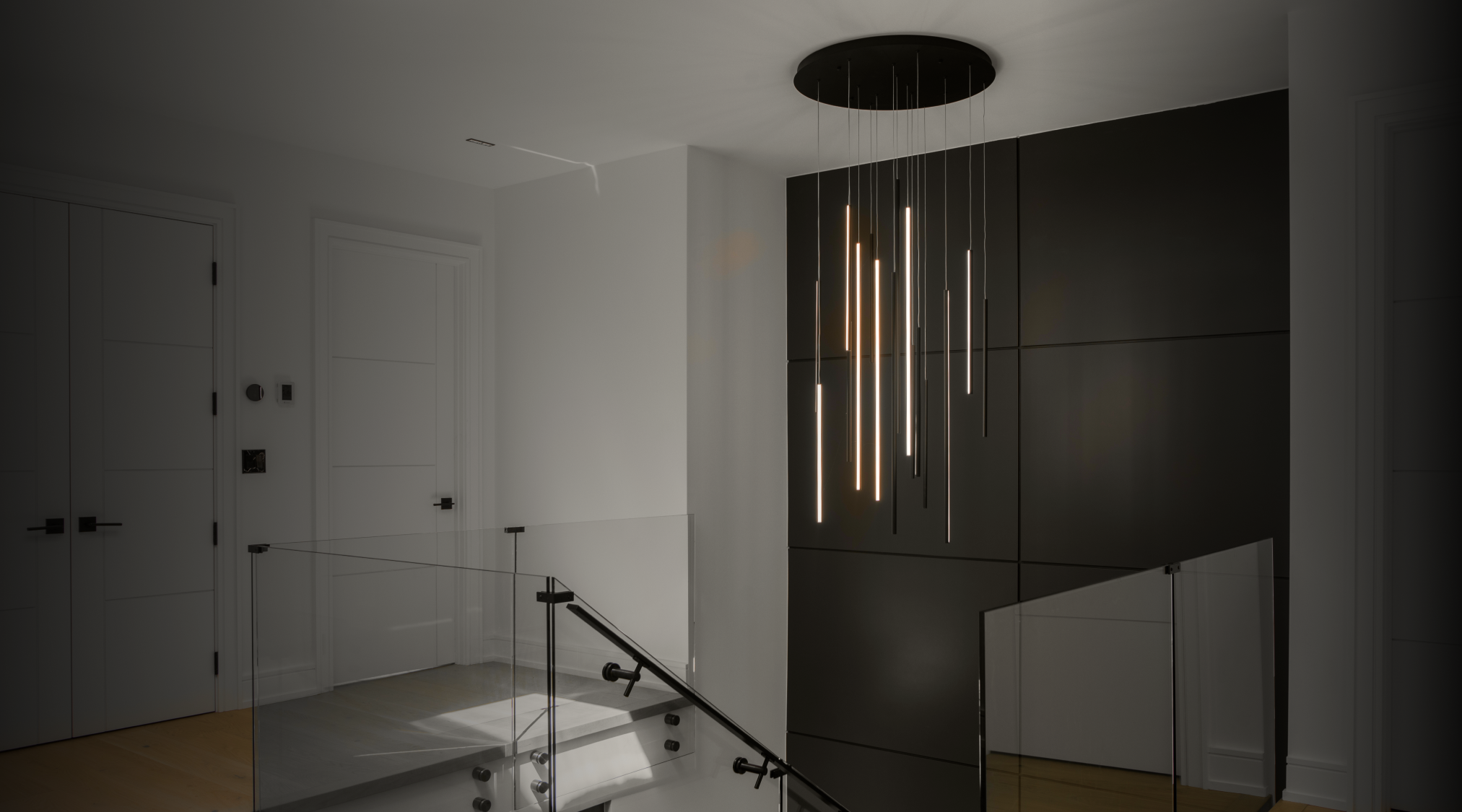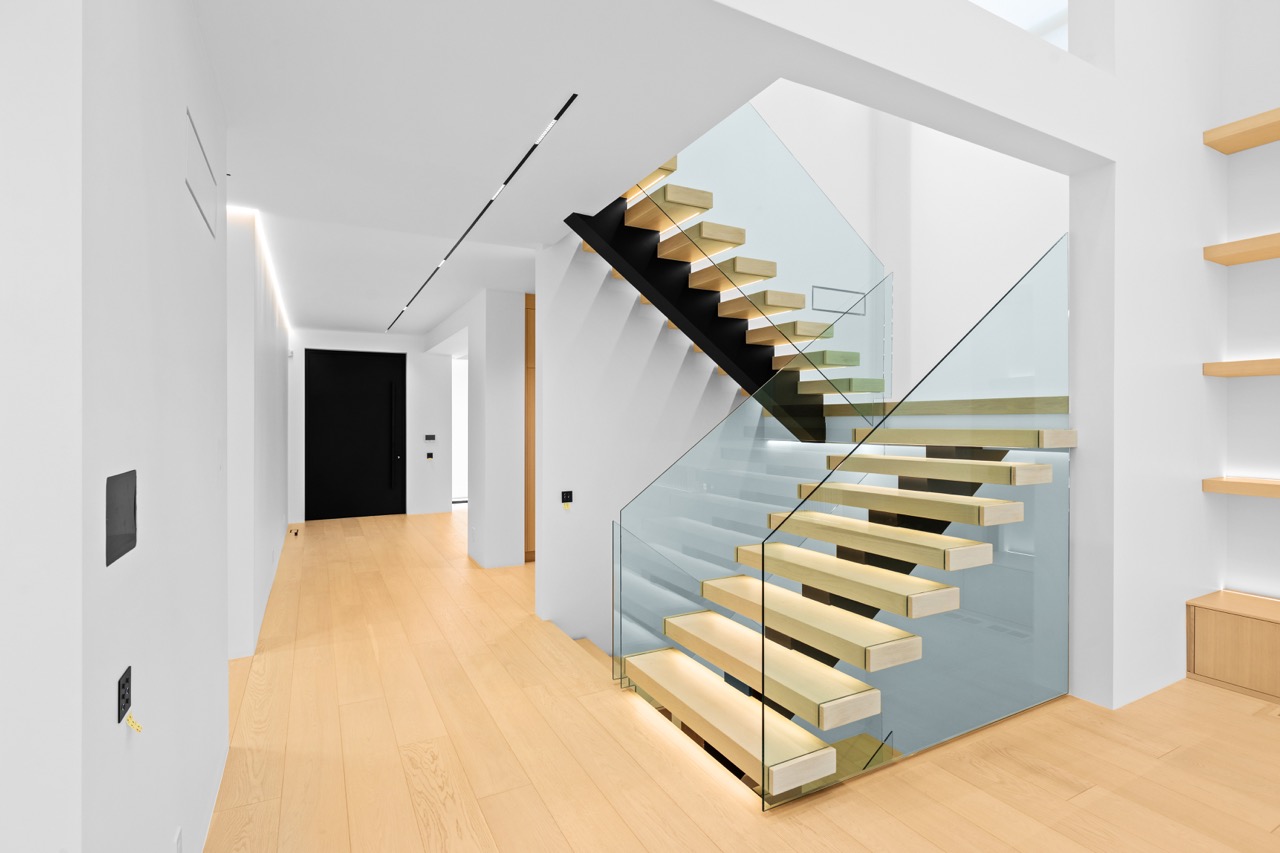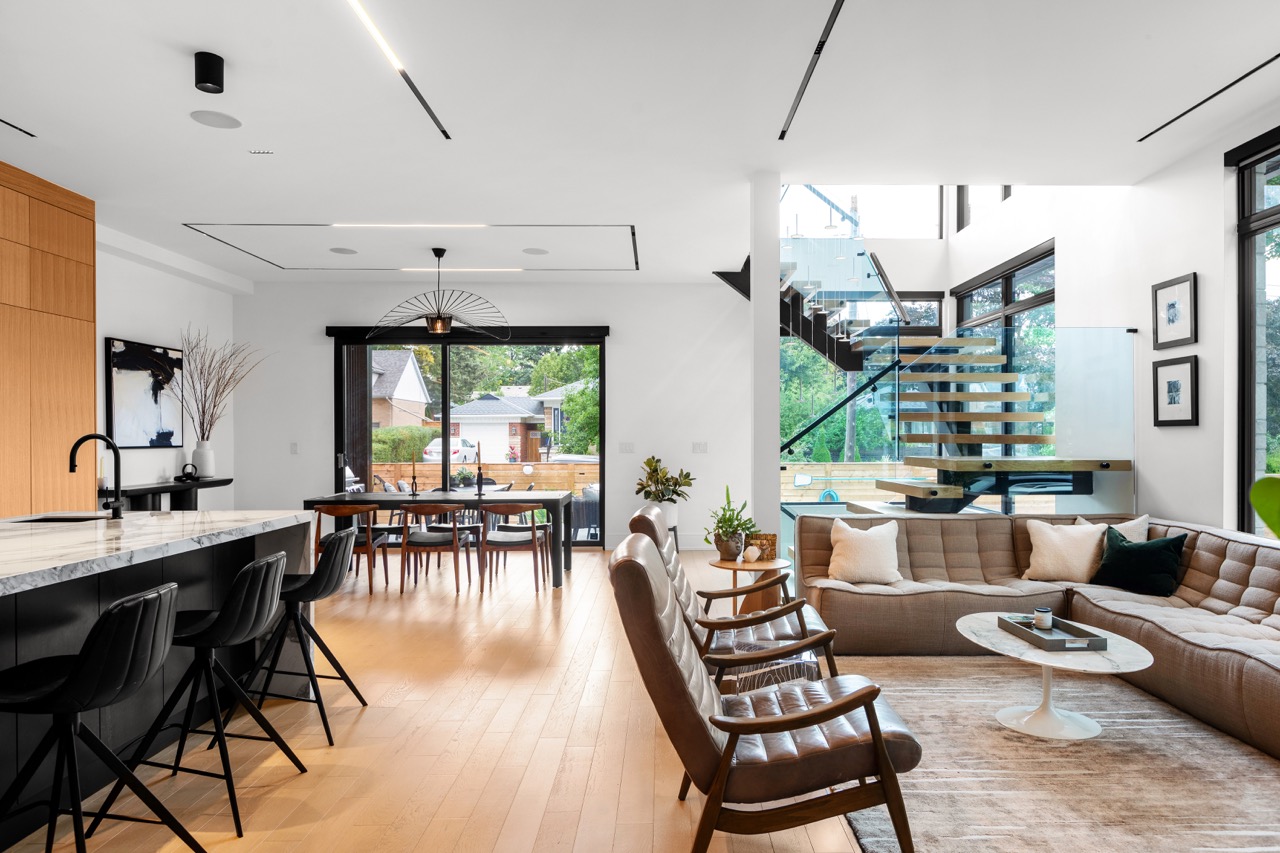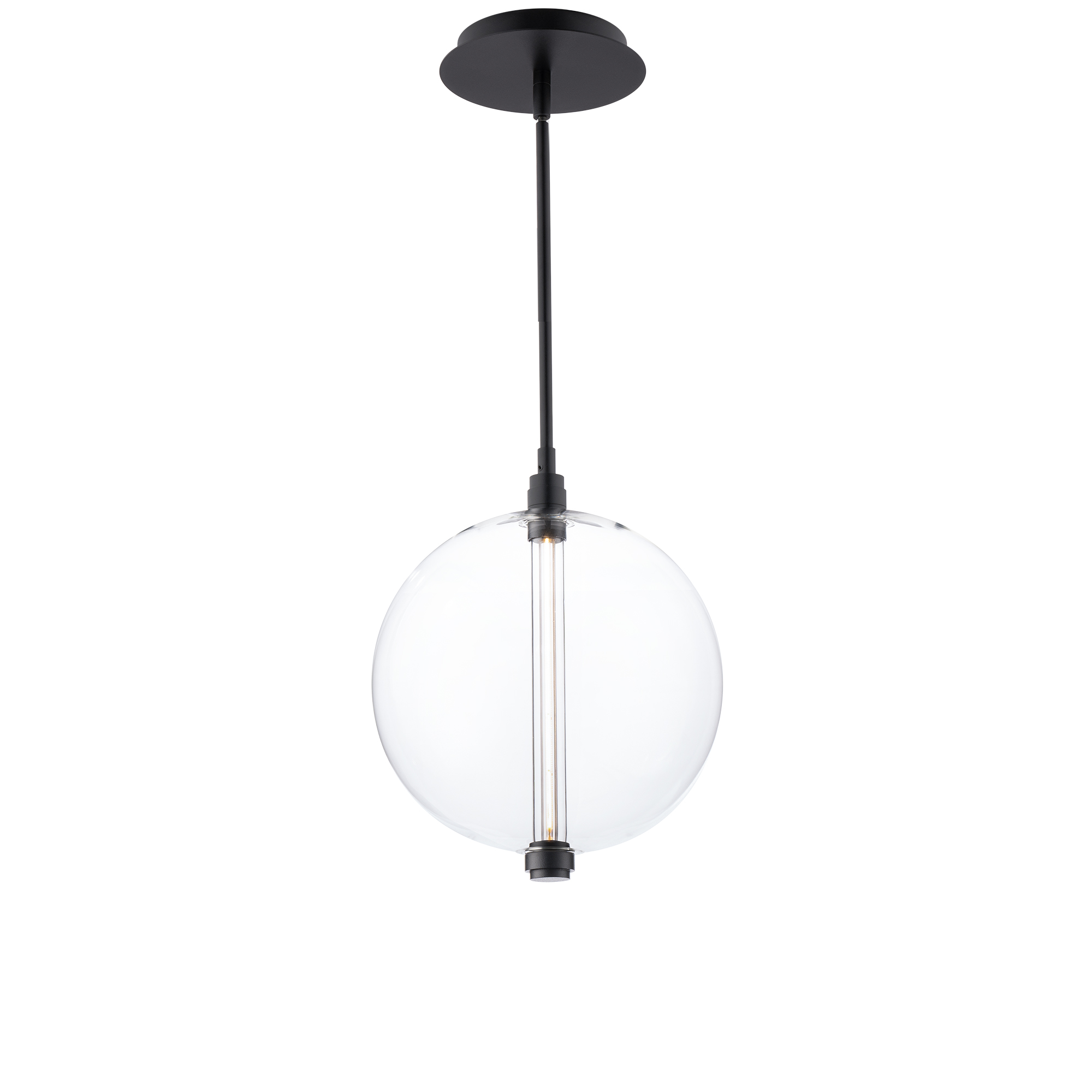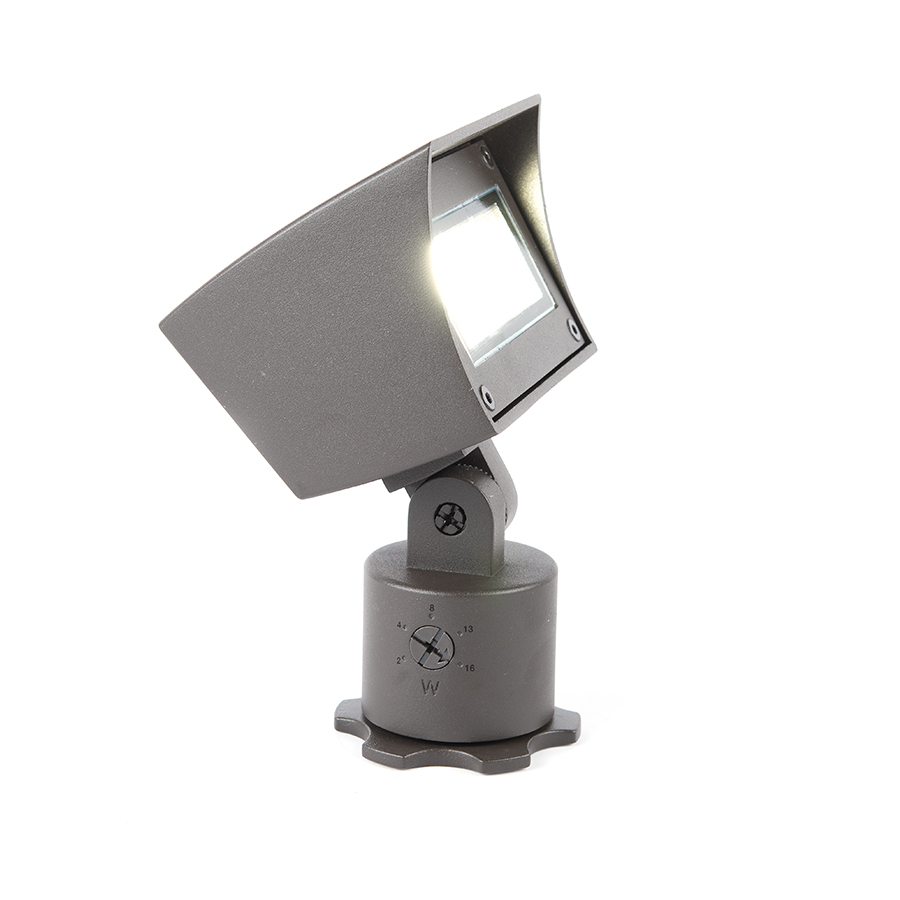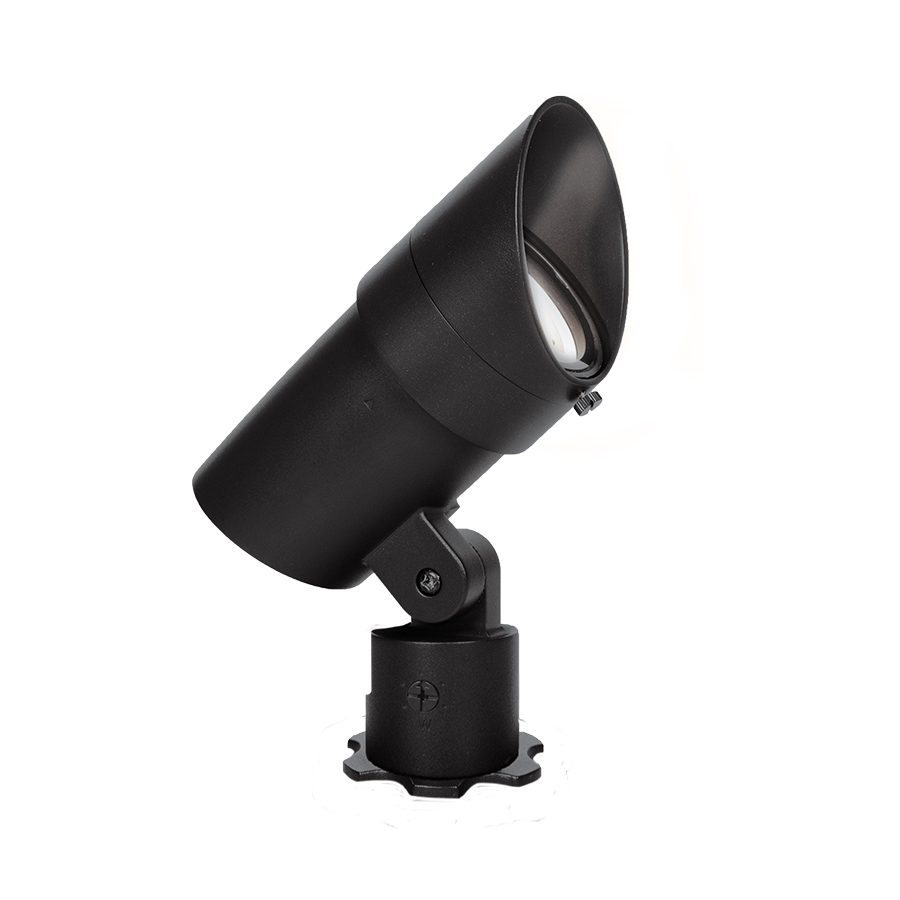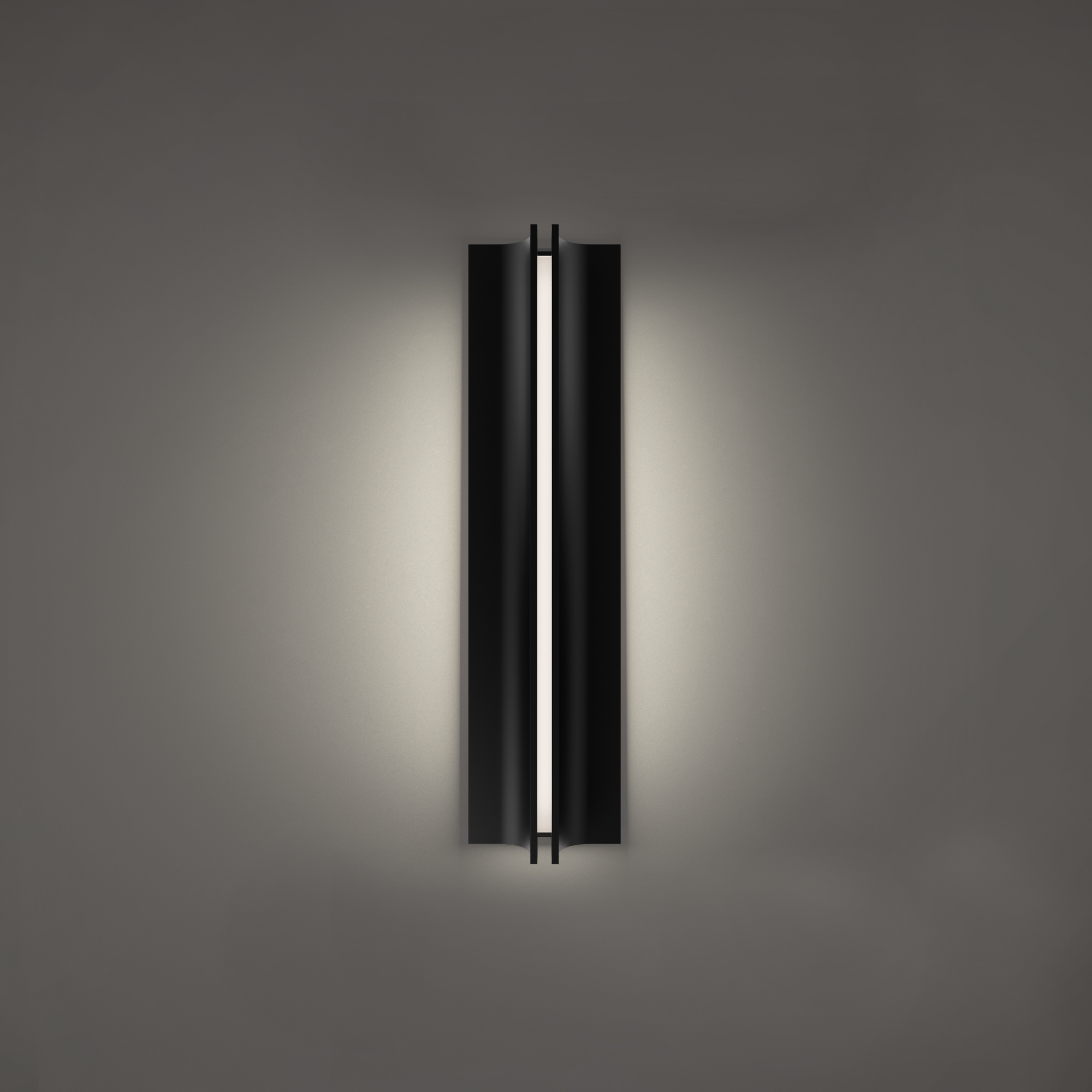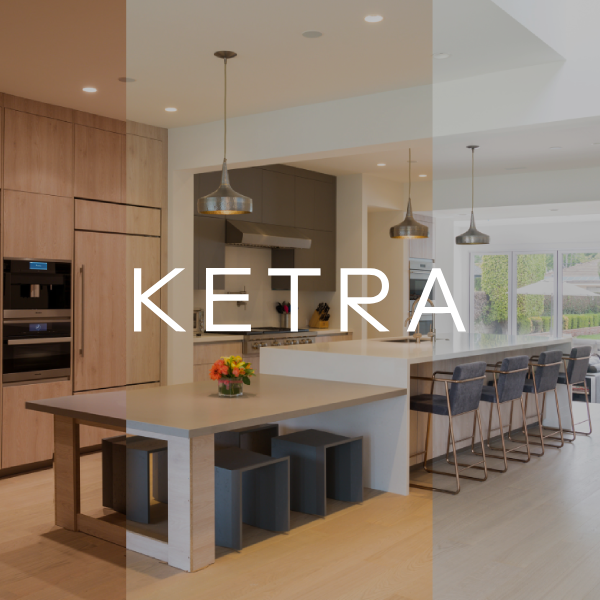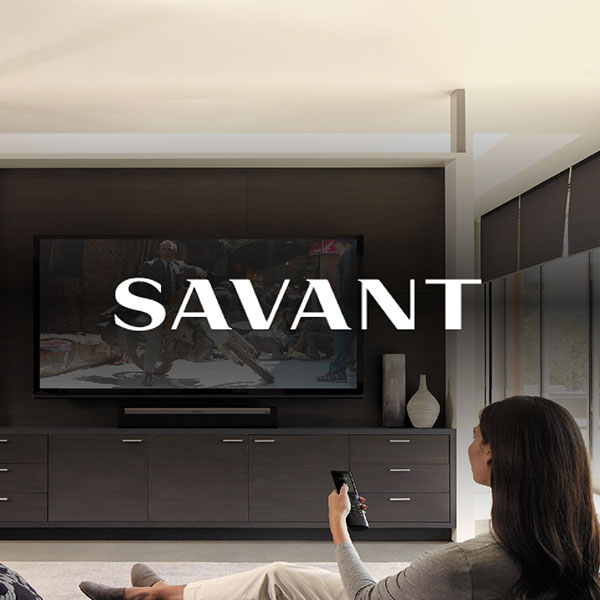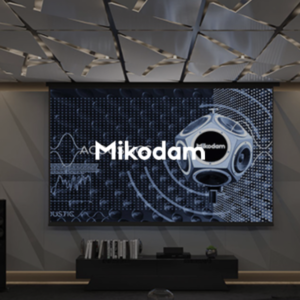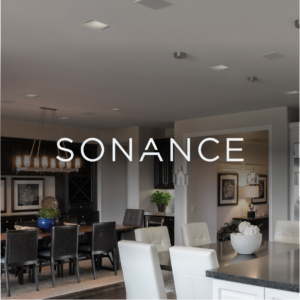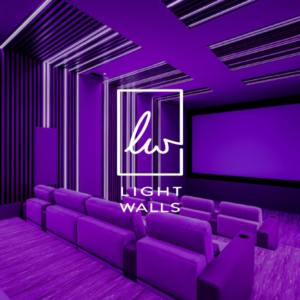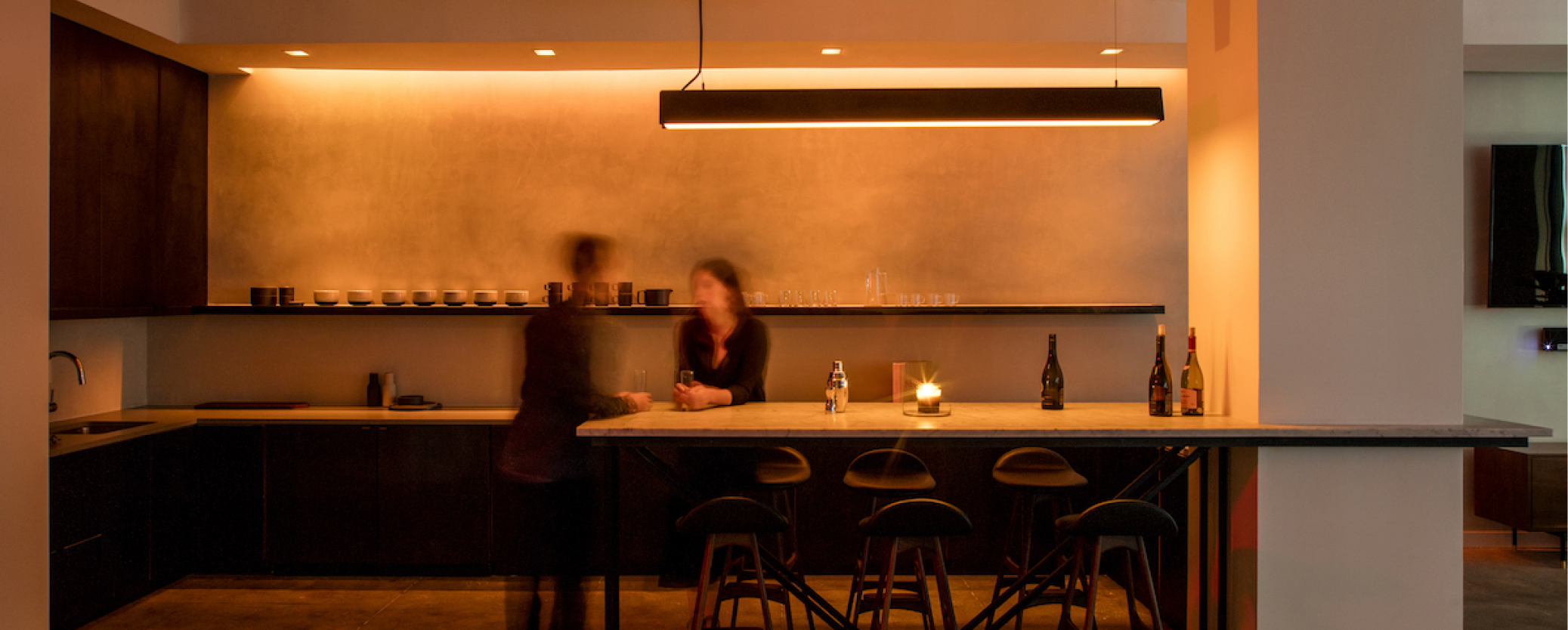In the quest for healthier, more productive environments, Human Centric Lighting (HCL) is emerging as a pivotal innovation. By aligning artificial lighting with our natural circadian rhythms, HCL enhances wellbeing, productivity, and overall quality of life. In this post, we’ll delve into the science behind HCL, its benefits, and how it can be implemented in various settings.
What is Human Centric Lighting
Human Centric Lighting (HCL) is a lighting approach that prioritizes the human experience, mimicking the natural variations in daylight to support our biological needs. Unlike traditional lighting, which remains static, HCL dynamically adjusts in intensity and color temperature throughout the day, promoting alertness, concentration, and relaxation at appropriate times.
The Science Behind Human Centric Lighting
Our bodies are regulated by circadian rhythms, 24-hour cycles influenced by natural light and darkness. These rhythms control sleep-wake cycles, hormone release, and other vital functions. Disruptions to these rhythms, often caused by inadequate or poorly timed artificial lighting, can lead to sleep disorders, reduced productivity, and health issues.
HCL leverages the properties of light to support our circadian rhythms. In the morning, cool, bright light simulates sunrise, boosting alertness and energy. As the day progresses, the light transitions to warmer tones, promoting relaxation and preparing the body for sleep.
Benefits of Human Centric Lighting
1. Enhanced Productivity and Focus
Research has shown that HCL can improve concentration and cognitive performance, making it ideal for workplaces and educational settings. By providing the right light at the right time, HCL helps individuals stay alert and focused during peak hours.
2. Improved Sleep Quality
Exposure to appropriate lighting during the day helps regulate melatonin production, a hormone that controls sleep. By reducing exposure to blue light in the evening, HCL minimizes sleep disturbances, leading to better sleep quality.
3. Boosted Mood and Wellbeing
Natural light has a profound impact on mood and mental health. HCL can reduce symptoms of Seasonal Affective Disorder (SAD) and other mood disorders by mimicking natural light patterns, thereby enhancing overall wellbeing.
4. Enhanced Visual Comfort
HCL reduces glare and flicker, common issues with traditional lighting, leading to greater visual comfort and reduced eye strain.






